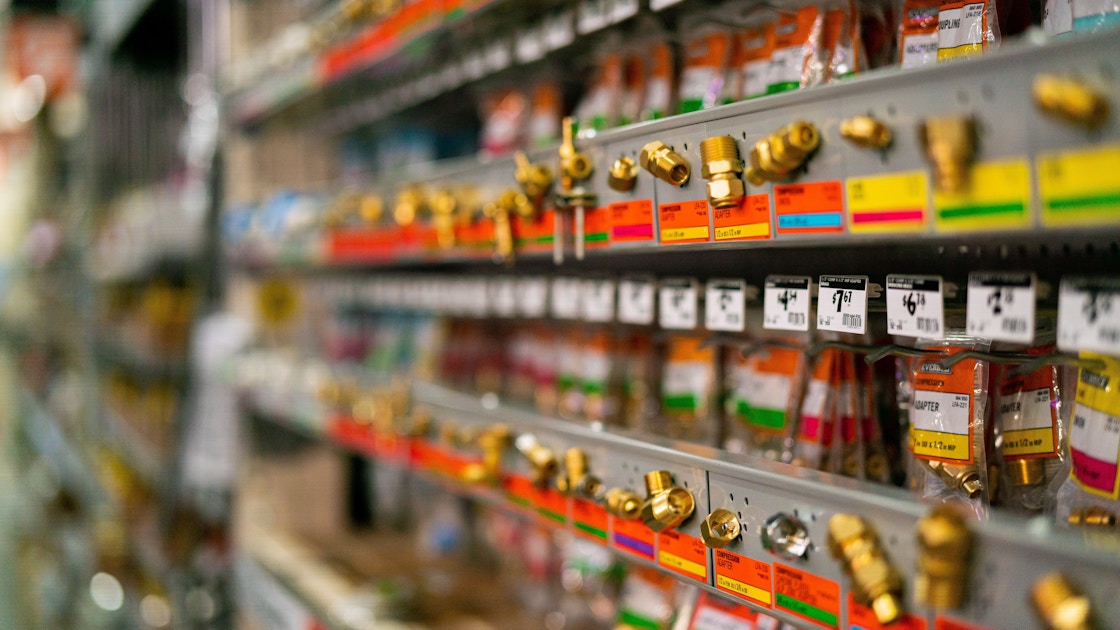The terms "distributor" and "dealer" are often used interchangeably. Distributors and dealers have distinct functions and roles and not understanding them can cause confusion that could cost your business. It's essential to recognize the different roles that distributors and dealers play within your industry, each serving a unique purpose in the supply chain.
As you learn to differentiate between these two entities, you will be able to better position your business to market to them and work with them.
In this article, we’re delving into the differences between distributors and dealers, shedding light on their functions, advantages and how to choose the right one for your needs.
There are two main differences between distributors and dealers.
scale and scope of operation
distributors and dealers serve different customers
Simply put, distributors have a larger scale and scope of operation and dealers have a smaller scale and scope. Additionally, distributors act as an intermediary between manufacturers and retailers while dealers primarily work between manufacturers and end consumers.
You will hear the terms distributor and dealer used interchangeably. For example, in the building materials industry there are sometimes overlaps. While the two entities hold distinct functions across the supply chain, there are some building materials businesses that are authorized to operate as both a distributor and a dealer. These hybrid business models are the main reason for confusion and why the two terms are often used interchangeably.
What Is a Dealer?
Dealers are individuals or suppliers that sell products directly to end consumers. These businesses purchase their inventory from distributors, manufacturers or both and display them in a retail setting for customers to browse and purchase. Dealers are often the recognizable brand to the end consumers.
Dealers function as independent businesses, so they handle everything involved with running a business. Product marketing, sales, finances, logistics and customer relations all fall under the dealer’s responsibility.
A familiar example of a building material dealer is 84 Lumber.
Advantages of Working with Dealers
1. Accessibility
Dealers make products easily accessible for individuals and small-scale customers like contractors. They make buying materials convenient for those who require smaller quantities of materials for their inconsistent or small-scale projects.
2. Expertise and Customer Service
Dealers have knowledgeable and accessible staff who can provide guidance and recommendations to customers, helping them make informed decisions about the right materials for their projects.
3. Immediate Fulfillment
Customers can see, touch and sometimes even take samples of materials before purchasing. This accessibility provides a tactile advantage that distributors may not offer.
Customers often frequent dealers when they have an immediate need for a part or material for a project they are currently working on. They also may come into a store to get help in understanding which material or part will work best for their individual need. Unless the material is back-ordered, consumers can leave the dealer’s store with exactly what they need.
4. Flexibility
Dealers allow customers the flexibility to buy materials in the quantities they need, making them the perfect match for DIY enthusiasts and small renovation projects.
Target Audience for Dealers
Dealers primarily serve individual consumers, homeowners, small contractors and local businesses. They are the go-to choice for those seeking immediate access to materials for smaller projects or repairs. Dealers are often found in local communities and are an essential part of the neighborhood's construction and home improvement ecosystem.
What Is a Distributor?
Distributors are important players in the supply chain of construction and home improvement products. They act as intermediaries between manufacturers and retailers, ensuring a smooth flow of goods from production facilities to the businesses that serve end consumers directly.
Distributors purchase building materials from manufacturers in bulk and store them in warehouses, making these products readily available for retailers, contractors and, from time to time, individual buyers.
Within building material distributors there are two kinds of distributors: one-step and two-step distributors.
One-step distributors specialize in one specific building material like siding, shingles or lumber. One-step distributors typically have a showroom with sales representatives to pitch their products to consumers.
Two-step distributors focus on acquiring bulk quantities of a variety of building materials and selling to retailers and dealers.
Advantages of Working with Distributors
1. Variety and Selection
Distributors often offer a wider range of products from multiple manufacturers, allowing customers to access a diverse selection of materials to meet their specific project requirements.
The variety allows customers to mix and match materials and test out different brands before committing to use them in a project.
2. Bulk Purchasing
Distributors typically buy materials in bulk or at wholesale, which can result in cost savings for customers who buy in large quantities. This model can be especially beneficial for contractors and construction companies who need materials consistently.
3. Logistics and Convenience
Distributors handle the logistics of warehousing, inventory management and transportation, making it convenient for retailers and contractors to source materials efficiently and cheaply.
4. Timely, Cost-Effective Deliveries
Distributors are equipped with efficient distribution networks, ensuring that materials are delivered on time, reducing project delays and saving costs on project time.

Target Audience for Distributors
In the case of building materials distributors, they primarily cater to businesses within the construction and home improvement industry. Their typical clients include construction contractors, home builders, retail stores and, sometimes, DIYers who need access to a wide variety of products in large quantities.
Distributors are essential for these clients because they simplify the procurement process and offer a one-stop shop for their building material needs.
Cameron Ashley and SRS Distributors is an example of a building materials distributor.
Choosing a Distributor or Dealer
The decision to work with a distributor or dealer depends on your specific needs and the scale of your project. Here are some factors to consider when making this choice:
Project Scale: For large-scale construction projects, working with distributors may be more cost-effective due to bulk purchasing options. For smaller projects or quick repairs, dealers may be a better choice for their convenience and immediate fulfillment capabilities.
Product Selection: If you require a wide range of materials from various manufacturers, distributors often offer a broader selection. Dealers may have a more limited inventory which, if you know exactly what you need, can be more time-efficient than browsing larger selections.
Expertise and Support: If you need expert advice and assistance with product selection, dealers with knowledgeable staff can be invaluable. Distributors may not provide the same level of hands-on, personal support.
Immediate Availability: Dealers typically offer immediate access to materials while distributors may involve a lead time for delivery.
Budget Considerations: Dealers may be more suitable for customers with budget constraints as they allow consumers to buy in smaller quantities.
Can a Dealer Be a Distributor and Vice Versa?
Some businesses operate in hybrid roles, acting as both dealers and distributors. This hybrid model could occur when a business sells products directly to end consumers while also supplying products to retailers.
It’s often advantageous for dealers and distributors to operate in both capacities in order to have a larger market reach and diversify streams of revenue. Successfully navigating both of these operations under one roof requires extensive resources and personnel who understand the specific industry and how they fit into the supply chain.
Operating as both a distributor and dealer offers more opportunities for high-profit margins and more ways to better serve your business’s customers.
Final Thoughts
Building materials distributors and dealers are both essential components of the construction and home improvement industry. Distributors facilitate the efficient movement of materials in large quantities, making them ideal for larger projects, while dealers offer accessibility, expertise and immediate gratification for smaller-scale endeavors.
To reiterate, the key differences are:
Customer relationships: Dealers have direct relationships with end consumers, while distributors serve as intermediaries.
Inventory management: Distributors manage larger inventories to supply multiple retailers, while dealers hold smaller inventories for direct sales.
Sales territory: Dealers often have specific geographic territories, while distributors cover broader regions.
Understanding dealers’ and distributors’ unique functions can help your building materials company market and sell to this important target audience more effectively.
Venveo proudly stands in the gap between manufacturers and their unique marketing needs. Our proven digital growth processes guide your business in finding and connecting with your ideal audience online while compelling them to take action. Contact us to learn more about how Venveo can help your building material business’s online presence.








